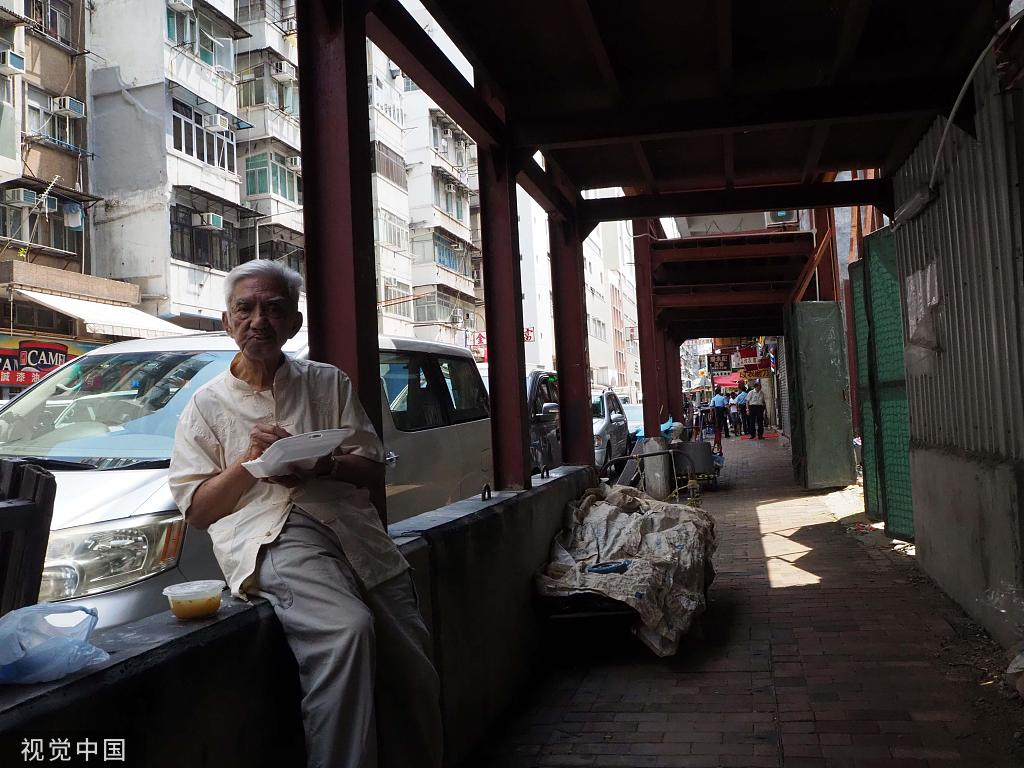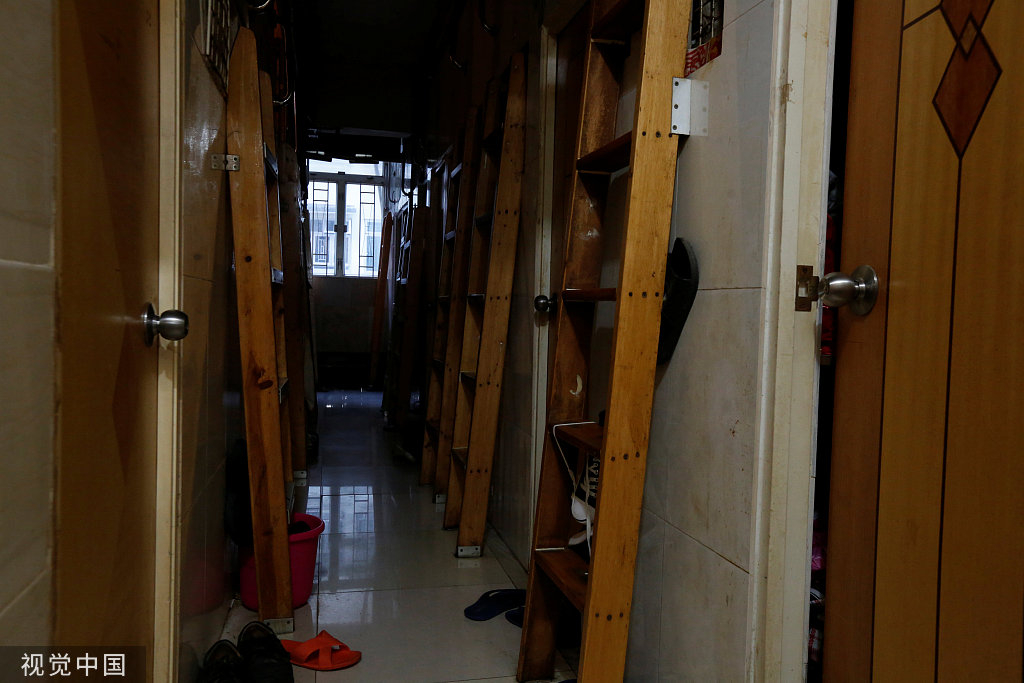
Hong Kong, once a city of cosmopolitan vibrancy, is now slowly descending into political chaos. Violence seems to have become the norm and hostility among people who stand on different sides is running high. A curious sense of nostalgia for the days when Hong Kong was a British colony seems to emerge against that backdrop, promising an easy solution to a complex problem.
But the belief that the days under the British Empire were better is deceptive. Hong Kong's current woes – exorbitantly high housing prices, yawning wealth gaps – are legacies of the rule of British imperialism and were more traumatizing during the British rule.
One of the central complaints of the protesters is that Hong Kong is becoming uninhabitable and they target their ire at business tycoons who they claim are mostly pro-Beijing.
For nine years, Hong Kong topped the list of the world's priciest housing market, with prices at 19.4 times median income as of 2018, according to the annual Demographia International Housing Affordability Survey.
But the culprit of housing unaffordability, Hong Kong's land policy, had its origins in the colonial era when the British government set out the policy that colonies must be self-funding. The colonial administration developed a highest-bidder-wins policy that led to land sales and lease transfers becoming the source of government revenue.

An elder rests near dilapidated houses in Hong Kong. /VCG Photo
As Alice Poon wrote in her book "Land and the ruling class in Hong Kong," the objective was to "collect the highest possible land premiums through a deliberately slow-paced program of selling land lease rights in return for upfront payments by the highest bidders at auctions and tenders, the backbone of the unstated high land price policy."
Using a laissez-faire market approach, the Hong Kong government took a hands-off attitude even when land prices went exorbitantly high. According to a working paper published by the Lincoln Institute of Land Policy, land revenue between 1970 and 1996 accounted for on average 33 percent of the annual government budget.
It was only until the return of Hong Kong when the first chief executive of the Hong Kong Special Administrative Region, Tung Chee-hwa proposed a radical overhaul of the land policy, that one saw signs of improvement. He proposed an increase of supply of 85,000 housing units a year to lower the housing price.
The other key concerns that Hong Kongers raise is an erosion of civil liberties, yet it is important to point out that under the British imperial rule, even basic rights such as the right to fair treatment were not guaranteed.

Inside a flat filled with partitioned units in Hong Kong. /VCG Photo
During the earlier years of the British rule, members of the Executive Council and Legislative Council, the highest organ of administration, were appointed rather than elected. Special preferences were given to British nationals. For example, it was reported that large employers such as Hong Kong banks refused to hire Chinese for any but menial positions.
On the other hand, the Basic Law, which came into effect on 1 July 1997, enshrines a high degree of autonomy, and Hong Kong people administering Hong Kong, under which freedoms of speech, freedom of the press, and freedom of assembly, etc., are protected.
For those protesters who waved colonial-era flags emblazoned with the Union Jack, they were viewing the history of Hong Kong under British rule with rose-tinted glasses. Longing for the colonial past is no solution to the economic woes that once plagued Hong Kong for decades.

Copyright © 2018 CGTN. Beijing ICP prepared NO.16065310-3
Copyright © 2018 CGTN. Beijing ICP prepared NO.16065310-3